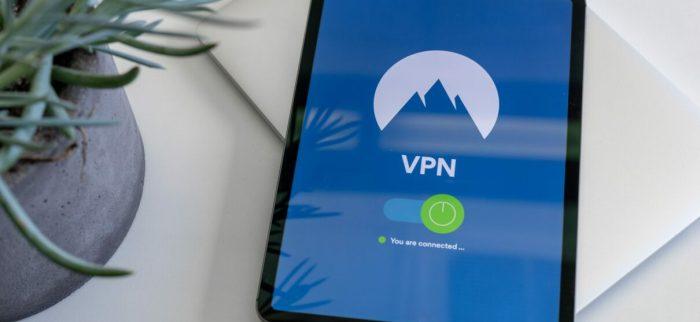When selecting a virtual private network (VPN) provider, security is my top priority. In an age where online privacy is consistently jeopardized, choosing a reliable VPN is essential. This article details how I evaluate VPN providers for strong security and offers insights to help others make informed decisions.
✅ Current deal: 🔥 Get NordVPN with up to 75% OFF! 🔥

Understanding What VPN Security Entails
Before I delve into the evaluation process, it’s crucial to understand what VPN security entails. A VPN creates a secure, encrypted tunnel between my device and the internet, masking my IP address and protecting my data from potential threats. However, not all VPNs are created equal. Some offer robust security features, while others may leave vulnerabilities that compromise user privacy. Hence, I consider multiple aspects when evaluating VPN providers.
✅ Current deal: 🔥 Get NordVPN with up to 75% OFF! 🔥
Key Aspects I Focus On
1. Encryption Protocols
One of the first things I examine is the encryption protocols used by the VPN provider. Strong encryption is vital for ensuring data protection. The most secure protocols, in my experience, are OpenVPN and WireGuard. OpenVPN uses AES-256 encryption, a standard adopted by government agencies due to its high level of security. WireGuard, while relatively new, has gained popularity for its efficiency and speed without compromising security.
2. No-Log Policy
I always look for a firm no-log policy when evaluating VPN providers. A no-log policy means that the VPN does not store or track any data regarding my online activities. This policy is crucial for preserving privacy. I carefully read through the privacy policy and terms of service to ensure that the provider explicitly states its commitment to not logging any information about users. Many reputable VPNs undergo third-party audits to validate their claims, adding an extra layer of trustworthiness.
3. Kill Switch Feature
Another essential security feature I prioritize is a kill switch. This tool ensures that my internet connection is instantly cut off if the VPN connection drops. Without a kill switch, my actual IP address could be exposed during unexpected disconnections, which poses a significant risk. I always verify whether the VPN provider includes this feature and whether it’s enabled by default.
4. DNS and IP Leak Protection
DNS and IP leaks can expose my location and identity, undermining the benefits of using a VPN. I check whether the VPN provider offers built-in DNS leak protection to prevent my queries from being sent to my ISP’s DNS servers. Additionally, I run various tests using online tools to ensure the VPN successfully prevents any leaks. A trustworthy provider should also have a feature to automatically change my DNS settings to its private DNS servers.
5. Multi-Factor Authentication
Multi-factor authentication (MFA) adds an extra layer of security to my VPN account. By requiring a second form of verification—such as a text message or authenticator app—MFA helps mitigate unauthorized access. I seek out VPN providers that offer this feature as a standard option for account login.
6. Strong Customer Support
Even with the best security features in place, issues can arise. Therefore, I place a high value on the quality of customer support a VPN provider offers. I prefer providers with 24/7 chat support, ensuring that I can get immediate assistance if I encounter any technical problems or security concerns. A knowledgeable support team can help me troubleshoot and maintain a secure connection effectively.
Tips for Choosing the Right VPN for Security
When assessing VPN providers for strong security, I’ve gathered several tips that can aid in making an informed choice.
-
Research Encryption Standards: Look for VPNs that utilize strong encryption protocols, such as AES-256 with OpenVPN or WireGuard.
-
Verify the No-Log Policy: Ensure the provider has a transparent no-log policy, ideally backed by third-party audits.
-
Test for Leaks: Use online tools or services to test for DNS and IP leaks once you’ve connected to the VPN.
-
Consider Redundant Security Features: Look for additional features like obfuscation, split tunneling, and multi-hop or double VPN options for added security.
-
Read User Reviews: Check reviews and testimonials from other users regarding both performance and security features. This can provide insights into real-world experiences.
-
Look for Value: While cost is a factor, prioritize security features over a lower price point. Choosing a cheaper, less secure option can lead to greater long-term risks.
Conclusion
Every time I evaluate a VPN provider, I focus on security-oriented features that fortify my online privacy. The world of VPNs can be complex, with many providers claiming to be the best. However, by closely inspecting encryption protocols, logging practices, leak protection, and customer support, I can make an informed decision.
For anyone diving into the realm of VPNs, remember that protecting your digital life is paramount—not just convenience. By following the tips I’ve shared, you can confidently choose a VPN provider that aligns with your security needs and expectations.
Affiliate Disclosure: By clicking on our links, we may earn commissions at no additional cost to you.